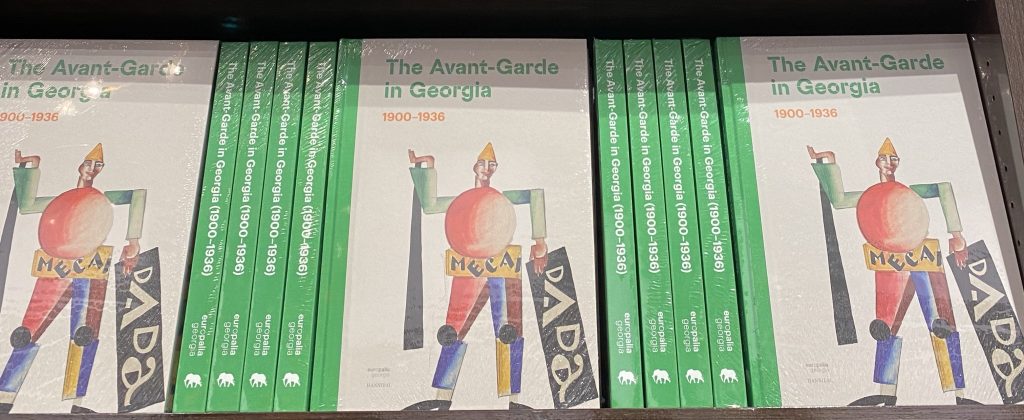In cities of Estonia the segregation between the majority of Estonian speaking persons and Russian speaking persons has a long tradition. The Russians built new housing as part of their occupation of Estonia and housed their own persons there and sent their children to Russian speaking schools in these neighborhoods. The paper by Kadi Kalm et al. (ESR, 2024, 208ff) demonstrates the persistence of this “colonial” segregation over generations. However the authors show that desegregation of schools is a remedy to such previous housing and education policies. Learning the majority language is a definite step towards later integration into society just as (marital or household) union formation or labor market success do. The Baltic states have managed to escape from the Russian occupation but the Russian neo-imperialism is not entirely tamed. This explains a great deal of the anxiety of Estonia and other previously Russian occupied Eastern European states of a Russian backlash. Military commitment and a strengthening of the European Defence Union is a consequence. (Image Medieval Town Hall Tallinn Estonia 2024)



